Lunch with a friend? Yeah it was okay.... nothing amazing. Phone call with a friend? Glad we got that out-of-the-way for another 2 months....
Dinner with an out-of-town friend? Meh.
She's texting me to see when we can get together next? hmmm.... three weeks from now is fine.
For many, the time with our friends isn't all that meaningful and amazing. I mean it feels good to know we got together and caught up, but it's not like we're clearing our calendar in excitement for our next get-together. We feel good about ourselves for keeping up with them, but it's hard to always be sure it's worth the extra money spent on drinks or the time away from ______ (the kids, the TV series you're currently bingeing, or the hot romance).
When the time together isn't super meaningful, it makes sense that we'd pull away a bit over time, let more time pass in between catch-ups, or not prioritize that friendship over everything that keeps us busy.
But for some of our friendships the answer may not be pulling away and spending less time with each other as much as it is to lean in and spend more time together.
For far too many of us, our friendships are caught in a vicious cycle of not spending enough time together to feel really meaningful. I call it the Constant Catch-Up Cycle.
This vicious Cycle is what happens when our time together is either too infrequent or too short to even get us across the line into really meaningful time together. It has less to do with her and more to do with the fact that the two of you aren't spending enough time together to get to that place where deeper conversations can happen.
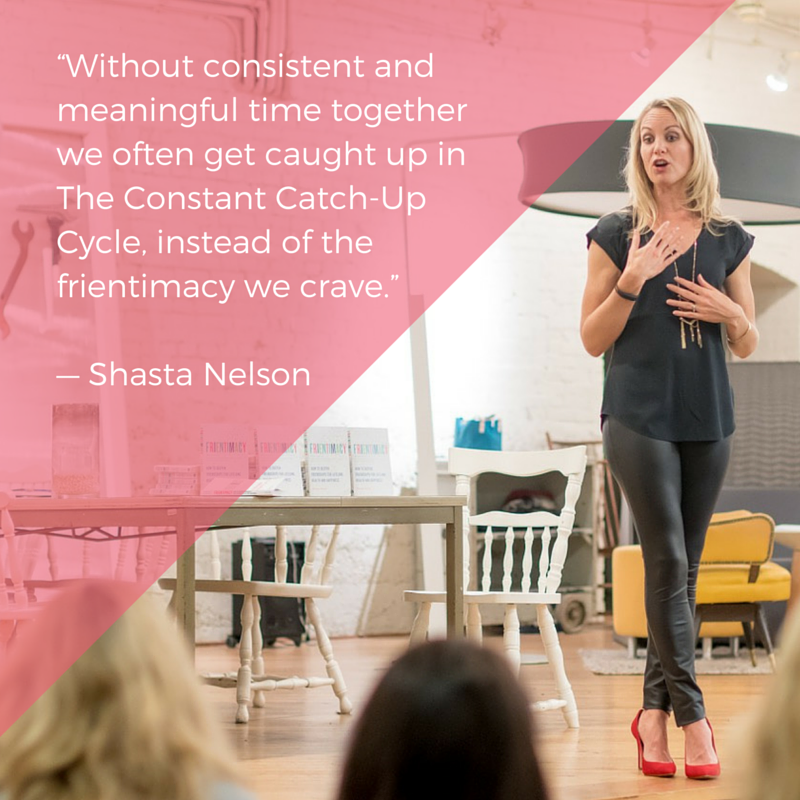
What is the Constant Catch-Up Cycle?
This Constant Catch-Up Cycle is what happens when we get together with friends and spend the whole time catching up (Read: updating and reporting) with each other since the last time we met, be it a month ago or a year ago. How are you? How's work going? How's your family? How's so-and-so? Are you dating? By the time we both give a cliff notes version to our lives, the check has come (or the commute is over so the phone call is too) and our time together is over, until next time.
What does feel good about this experience is that we can check that person off our list of people we need to "catch up with" and we feel accomplished in some way that we've now fulfilled a friendship responsibility. Furthermore, and this is no small thing, it does keep us in touch which helps us feel like we're a wee bit closer to each other if we, or they, ever needed it.
Unfortunately, what doesn't feel good about this all-too-common experience is that these drive-by catch-ups rarely touch our hearts or enhance our lives. Chances are high that we drove home, or got off the phone, and felt relief, but not necessarily love and joy. It's more likely we alleviated some guilt than found ourselves excited to repeat it again. In other words, while they may now know how we feel about our job and we may know how their kids are doing, there are many things we simply can't experience when the time is too infrequent or too rushed.
The Price of Catching Up
Getting caught up in the Constant Catch-Up Cycle means that every time we're together we're focused on what has happened in our lives, which means that there are many feelings, topics, and experiences (usually all the ones we most crave!) that aren't as likely to happen.
Here are some of the things we often sacrifice when our time is limited or infrequent:
- Pursuing the Transcendental and Philosophical Themes: We probably don't take the time to meander into topics like fears, ideas, politics, injustice, creative process, or personal growth since those don't come up in the first three questions we ask and answer. And even if we did mention them as part of an update... when was the last time we got into a long conversation where we both were sharing, prodding, growing, and learning?
- Sharing the Unspoken Vulnerabilities: We are less likely to share our secret worries or dreams because we tend to stay on what's concrete and has happened, rather than on what really matters and what might happen. And the shorter our time together is, the less willing we will be to open something that feels big to us. We may have withheld something that is unfolding in our lives because we reasoned that it would take too long to catch them up on the back story.
- The Opportunity for New Memories: We rarely create new memories together or have genuine fun together when we're "just grabbing a meal" or "calling real quick." When was the last time we actually did something together that felt fulfilling, fun, and something to put in the memory bank?
- The Feeling of Being in the Flow: We may not have been present enough to be ready to laugh, to pause, or to feel whatever needed to be felt since those things so often come from the part of us that is present, relaxed and open, not the part of us that is multi-tasking, rushed, and thinking about where we have to be next. When was the last time we were together without needing to do something or be somewhere afterward? When were we just sitting back ready to let our time together unfold and flow?
- The Probability of Feeling Relaxed and Easy: If we don't see each other often then we have to spend our time "catching up" instead of watching movies, relaxing together, or just hanging out in each others homes. If we haven't talked in a while then it feels weird to call for 10 minutes while we're making dinner to ask her what she's cooking tonight. The more rare our time together is the less likely it is to feel like we're doing life together in a relaxed and easy manner. Sometimes talking about "nothing" is a hallmark of intimate type of friendship.
Chances are high that when most of us crave more meaningful friendships-- that it includes some of the things on that list above? I rarely am thinking, "Wow I wish I had someone to just call and update!" Instead, we're pining for laughter, long and deep conversations about life, the feeling of safety and ease, the relaxed feeling that spaciousness and intimacy creates.
The Invitation to Move Beyond Catching Up
I call this tendency a Cycle because just as it can be true that the less we see each other, the less meaningful our time together will often feel, which then reinforces the infrequency; so too is the opposite: the more consistent we are or the more we allow longer periods of time with those friends-- the more meaningful those friendships can often feel. All it takes is one amazing long evening of laughter and authentic sharing and we'll be more excited to schedule it into our lives with a "yes please! I want more of that!"
We obviously can't do deep and consistent time with every friend in our lives, but we most certainly need it with a few. Which friendship in your life isn't feeling super meaningful right now because you two are caught up in the Constant Catch-Up Cycle? And what might you do to increase the odds of the two of you getting past the "catch-up" so you can actually move into the enjoying of this friendship?


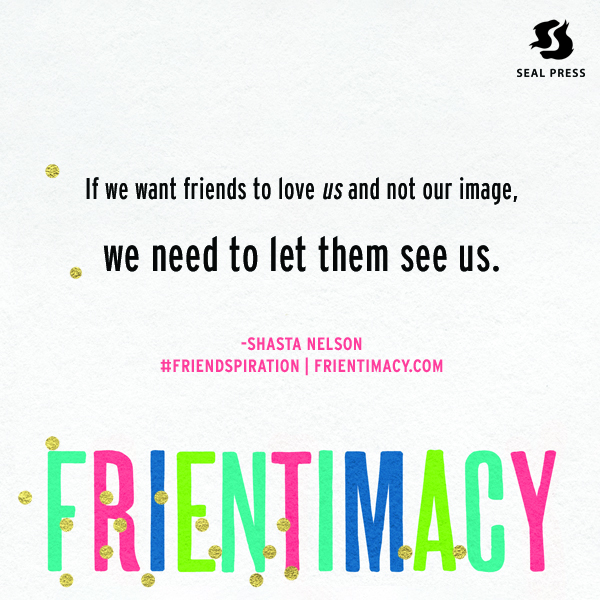 For me, right now, it's centered on the gap between the impact and teaching I want to be doing versus what I feel I am currently achieving; but for you or one of your friends, it might be about hoping you'd be married or have kids by this age, feeling like a failure because you don't have x (fill in the blank: a 401k, a book deal, or a corner office) yet, or feeling discouraged because while you are making good money you aren't pursuing your creative work, or vice-versa. Unless we've reached pure enlightenment, we tend to fan a desire for something more that we're secretly convinced will make us feel better about ourselves and more peaceful about our lives.
For me, right now, it's centered on the gap between the impact and teaching I want to be doing versus what I feel I am currently achieving; but for you or one of your friends, it might be about hoping you'd be married or have kids by this age, feeling like a failure because you don't have x (fill in the blank: a 401k, a book deal, or a corner office) yet, or feeling discouraged because while you are making good money you aren't pursuing your creative work, or vice-versa. Unless we've reached pure enlightenment, we tend to fan a desire for something more that we're secretly convinced will make us feel better about ourselves and more peaceful about our lives.

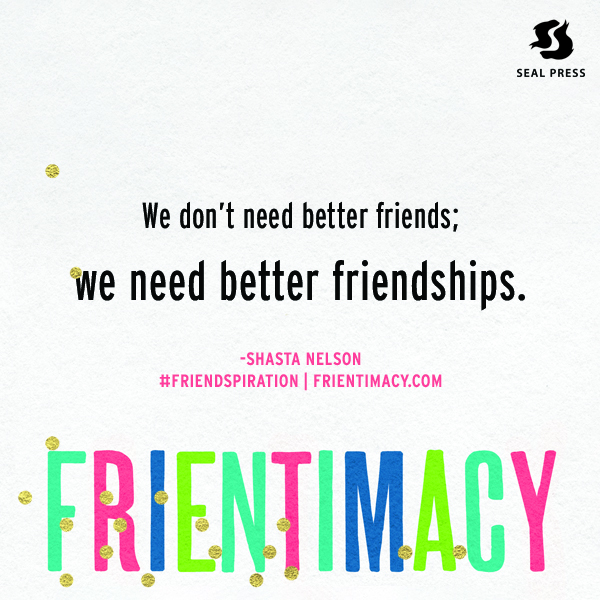


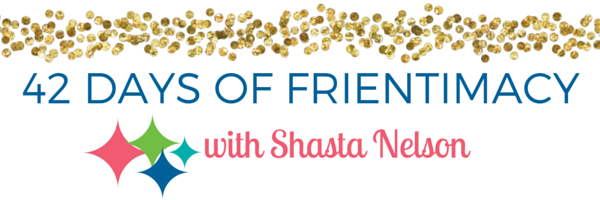
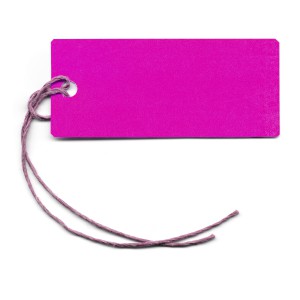
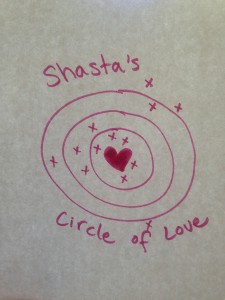
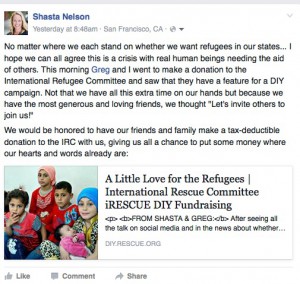
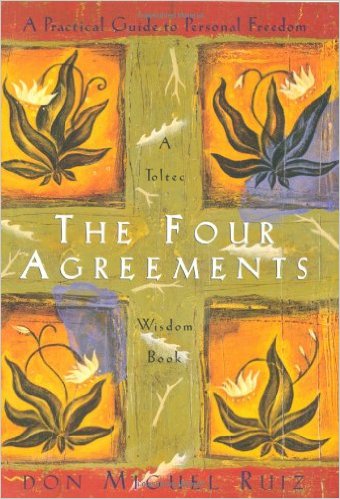

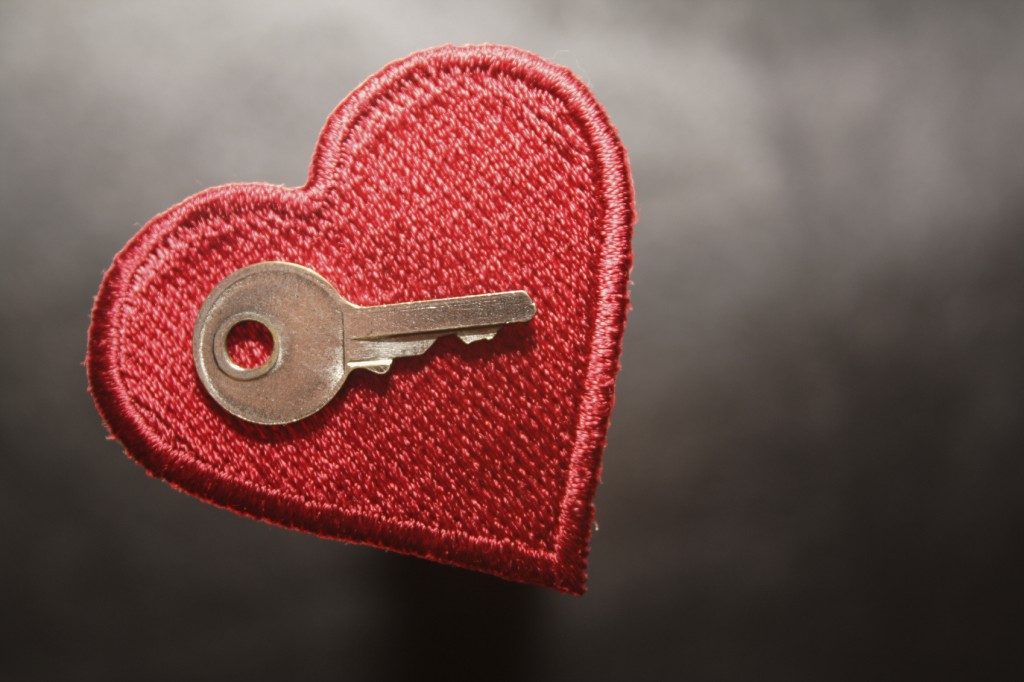
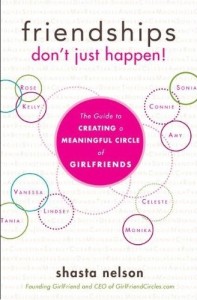








I’ve been binge-reading your blog and very happy I discovered it. I think what you are saying mostly makes a lot of sense, but I’m struggling with something: It is so very hard to meet people who are open to new friendships. On the rare instances that I find people who seem like they are, it’s almost impossible to find people who have the *time* to get together regularly. It’s hard to move friends down the pipeline, so to speak. Everyone seems just so very busy. I can’t find anyone to say yes regularly enough to build meaningful friendships. Heck, it’s hard to get anyone to say yes at all. What do you suggest in situations like these?
Dearest Willing to Make the Time:
First, kudos to you and your awareness, intention, and willingness to foster friendships! It's awesome and it WILL serve your life. I promise! Guard that commitment-- don't let others who are less aware steal it; don't let anyone saying no rob you of it; and certainly don't let apathy drain it from you. What you know to be true: that friendships are worth the time, will benefit YOUR life. Regardless of the outcome or of anyone's responses-- you know the truth and it will bless you. Stay with it.
In fact it's your super power! Not everyone knows they have it. You're lucky you do. SO many women are lonely (and the busier she is often means the lonelier she can feel!) and they don't have the energy, know-how, or motivation to change it-- but you do! The ability to initiate repeatedly is a super power that will ensure you build meaningful friendships.
What Won't Work
Let's just be clear that what you secretly hope for isn't going to work:
Ideas to Try for Building Friendships with Busy People
Instead of hand picking a couple of people and casually asking them to do something "sometime" and then hoping that *poof* a friendship will develop from that-- what we need to do is try everything and anything that will help us connect with as many women so we can eventually see who is responding with their occasional yes:
Do you see the patterns in those ideas? Initiation With Many + Repeat As Often As Possible, with a Sprinkle of Fun and Lightheartedness = You Soon Having Friends.